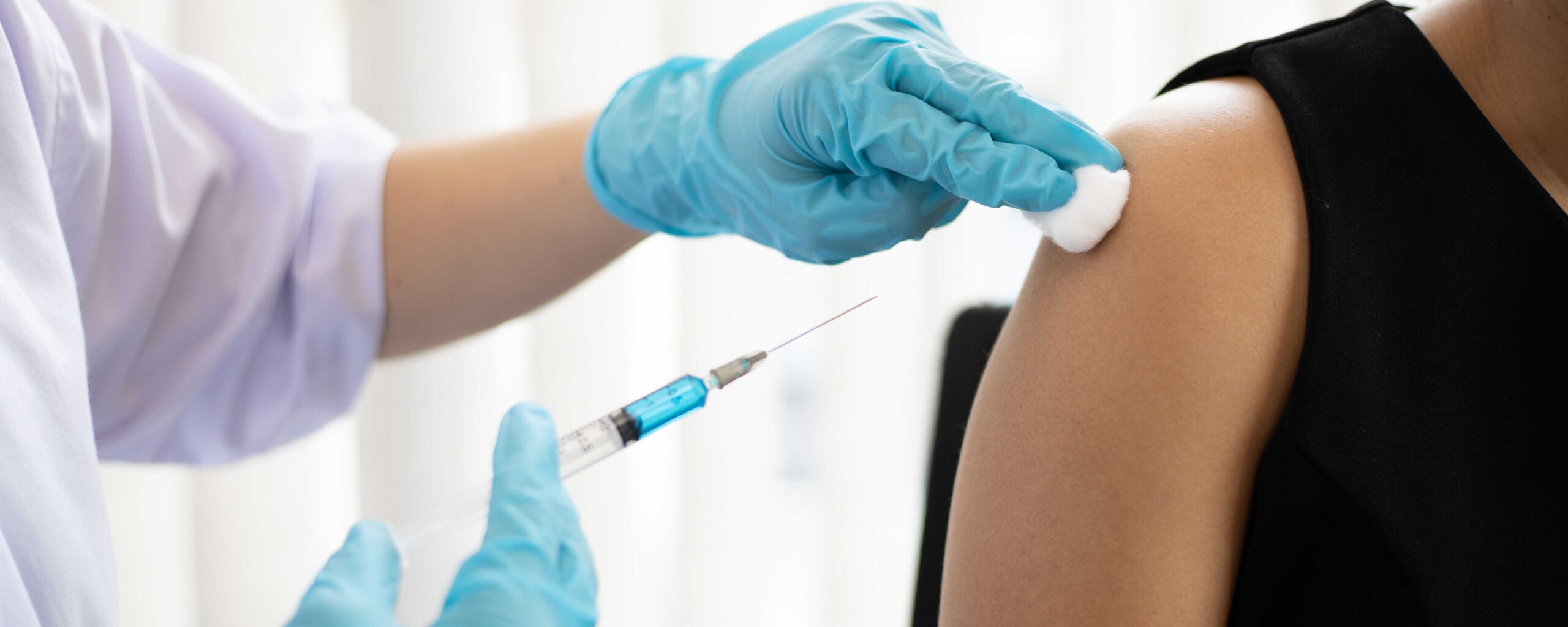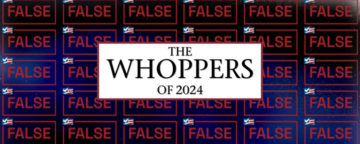An interdisciplinary research team at APPC and Penn ran an “intervention tournament” to test strategies and learn the most effective ways for motivating people to act on climate change.


An interdisciplinary research team at APPC and Penn ran an “intervention tournament” to test strategies and learn the most effective ways for motivating people to act on climate change.

New research by APPC scholars finds that people tend to share news that they find relevant to themselves or to people they know.

The National Constitution Center and the Center for Civic Education have been named recipients of the 2025 Leonore Annenberg Institute for Civics Award.

A paper reviewing APPC research during the pandemic finds a "conspiracy mindset" was a major factor in resistance to Covid vaccination.

A paper by APPC researchers finds that media coverage of civilian casualties in allied countries increases public support for U.S. involvement in conflicts.

FactCheck.org rounded up its list of the biggest falsehoods of 2024, including claims from Donald Trump, Joe Biden, and Kamala Harris.
An APPC analysis shows an uptick in news stories supporting the myth that the suicide rate increases during the holiday season.

A paper by APPC researchers identifies the advantages of an innovative approach to countering misinformation called “bypassing," which may have advantages over the standard approach to correcting inaccurate statements.

PBS News Hour Classroom has won the Leonore Annenberg Institute for Civics' Civic Mission of the Nation Award for educational resources.

In a study, Annenberg researchers sought to uncover whether the threat of misinformation drives Americans to seek out news sources that reflect their own political beliefs.